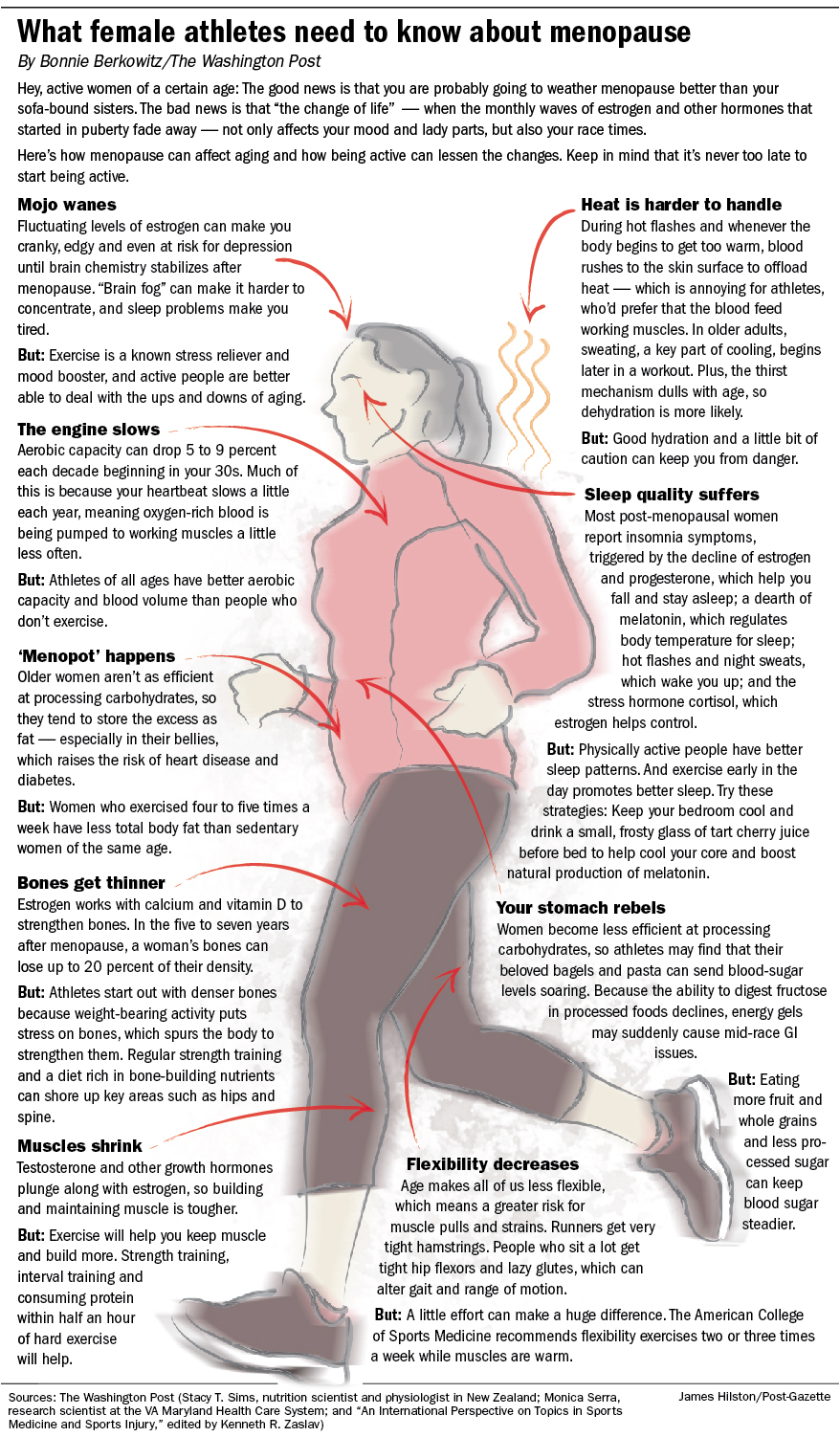Dehydration is especially common and dangerous for infants, ren and older adults. Learn more about treating and preventing dehydration.





Dehydration is the term used to describe a deficiency of water.A mere 2% drop in your body’s water supply can trigger signs of dehydration. It is estimated that the majority of people are mildly or chronically dehydrated.
Printer-friendly PDFClick here to see our other tip sheets. We all know that hot weather can be dangerous. This is especially true for older adults. Every summer, nearly 200 Americans die of health problems caused by high heat and humidity.


Here’s everything family caregivers should know about preventing & detecting dehydration in seniors. Includes practical tips for those concerned about UTIs.
Read about dehydration in ren, resulting from not drinking, vomiting, diarrhea, or combination of these conditions. Causes include viral, bacterial, or parasitic infections, diabetes, and increased sweating.
In physiology, dehydration is a deficit of total body water, with an accompanying disruption of metabolic processes.It occurs when free water loss exceeds free water intake, usually due to exercise, disease, or high environmental temperature.


What are the symptoms of dehydration in adults? Dehydration signs and symptoms include increased thirst, headache, dry skin, dizziness, sleepiness, decreased urine output, dry mouth, and few or no tears.
What are the symptoms of dehydration? Learn about the signs you can expect when dehydration begins and also as it advances to a more …
No single measure has proved to be the gold standard in the diagnosis of dehydration. Here, a few key ways of measuring dehydration in older patients are presented.
